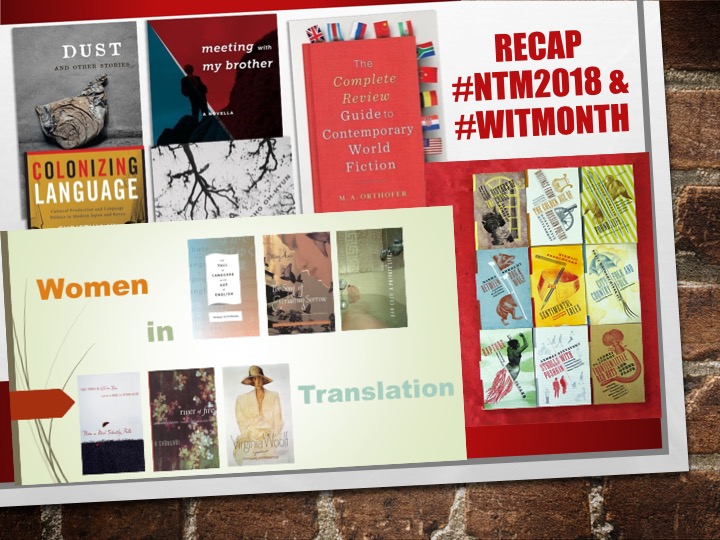Lunch with Donald Keene
The Financial Times recently published a delightful and fascinating article about Donald Keene. In the article, David Pilling, the Asia editor for the Financial Times, sits down for lunch with Keene at a French restaurant in Tokyo.
The two discuss Keene’s recent decision after the earthquake and tsunami to leave America for good, become a Japanese citizen at the age of 89, and to live out his days in Japan. Keene’s decision made headlines in Japan and the “Japanese spoke, many with tears in their eyes, of the courage he had given them in their hour of need.” Keene also recounts how he was introduced to Japanese literature while an undergraduate at Columbia University after stumbling upon a copy of The Tale of Genji at the Astor Hotel.
Keene’s familiarity with Japanese culture and the Japanese people grew when he became an interpreter during World War II. He was responsible for reading documents and interrogating Japanese soldiers. This also gave Keene the opportunity to read the diaries of Japanese prisoners:
In those diaries, Keene discovered the pathos of Japanese soldiers, scared, often idealistic, and far from home. “I was lucky. I read diaries and interrogated prisoners with most of whom I became friends. In a few cases the friendships lasted after the war. So, in my case, there was no demonising of the Japanese.” Once, years later, when Keene was visiting China, he was taken to a museum of Japanese atrocities. “There were life-size dolls with heads on the floor and all the rest of it,” Keene recalls, his face contorting. “And, worst of all, there were troops of Chinese children being led through. I was just so heartbroken by that. They deliberately inculcated hatred. These terrible things happened, yes. But you must get on with it.”
Of course, Keene and Pilling also discuss Japanese literature including Noh drama, and writers such as Basho, Soseki, Kawabata, and Jun Takami. One of the writers who was particularly important to Keene was Yukio Mishima:
“He was an extraordinary person,” says Keene, who knew Mishima well. They had met, symbolically enough, outside Tokyo’s Kabuki-za theatre in 1954, and had gone to see plays together. Keene had translated one of Mishima’s modern Noh plays.
“He died, as you know, at the age of 45, leaving at least 45 stacked volumes of novels, plays, criticism, poetry.” Mishima slit his belly after leading a failed, and farcical, coup to restore the emperor’s power but Keene thinks he committed suicide because he was passed over for the Nobel Prize. During the 1964 Tokyo Olympics, Mishima had written Keene a letter with the line, “I envy the athletes who know if they are first, second or third.” Keene says: “That was all he said but I knew exactly what he meant.” The irony was that Kawabata, who did win the Nobel Prize, also committed suicide because of the pressure of living up to his new reputation.







